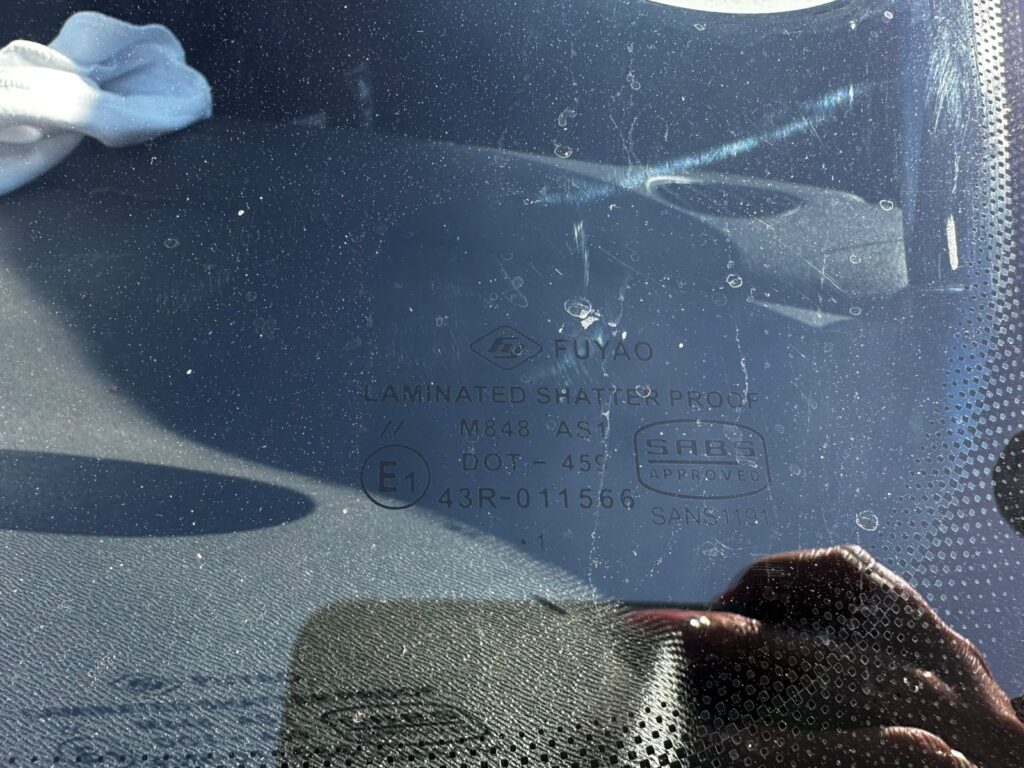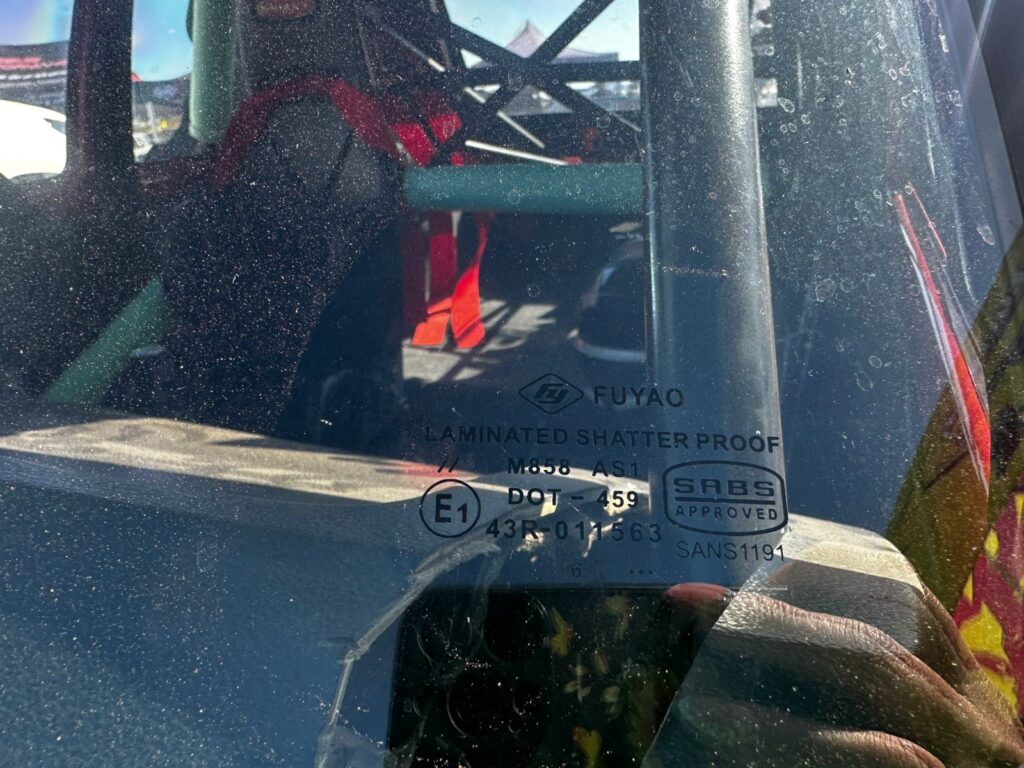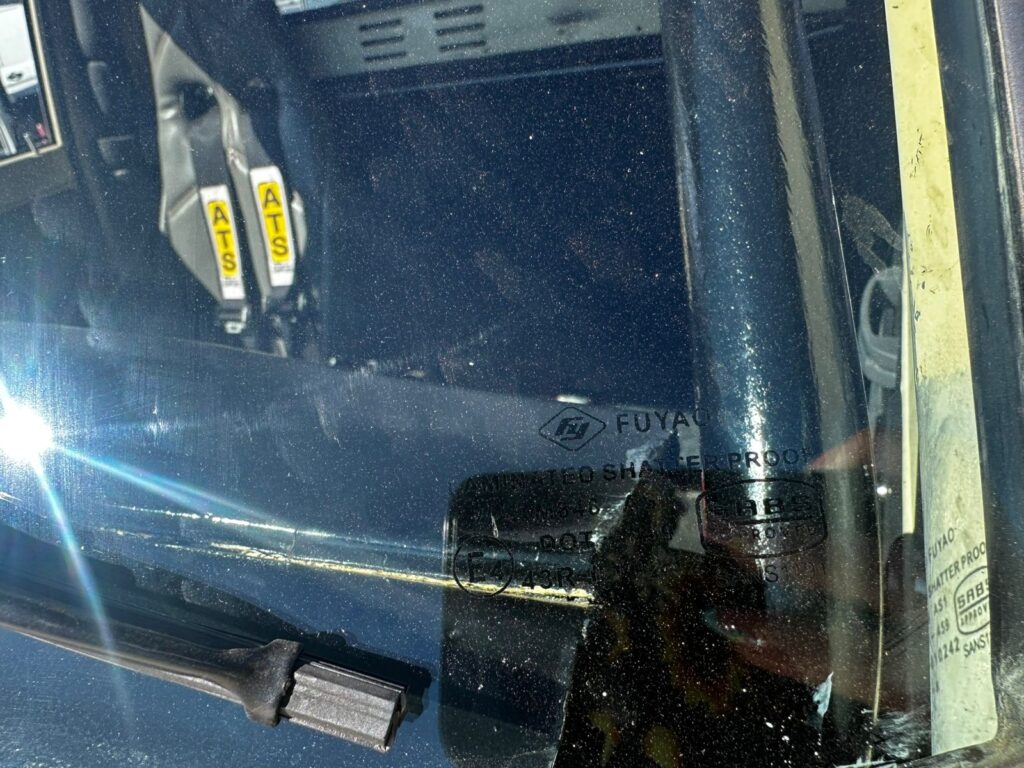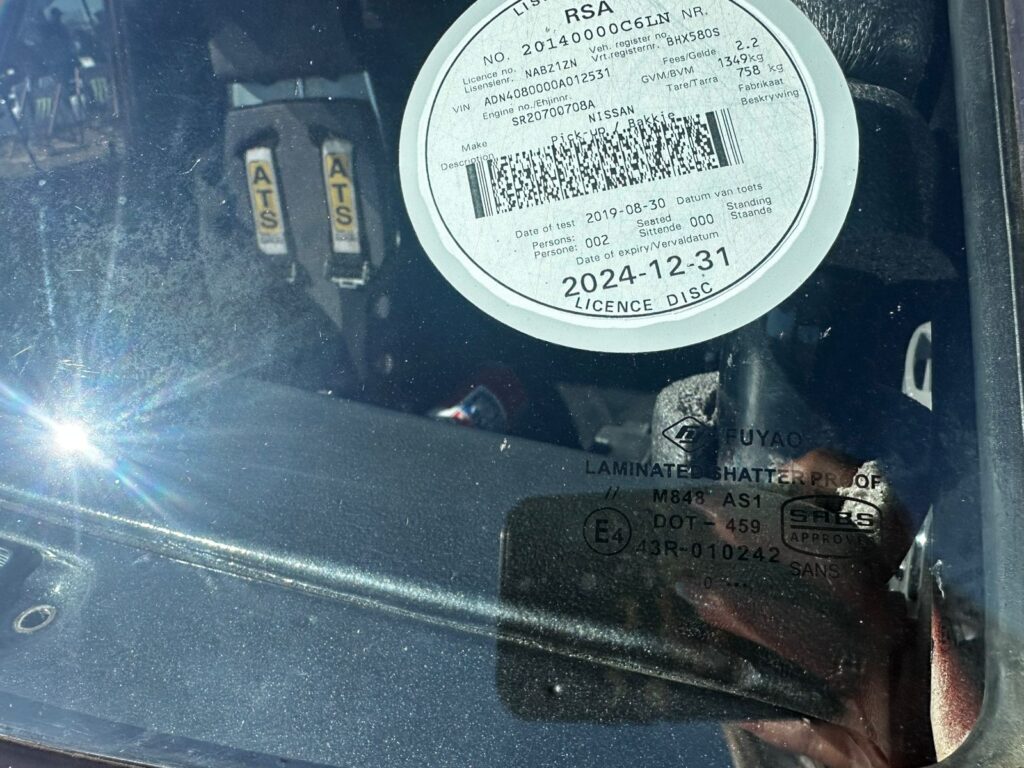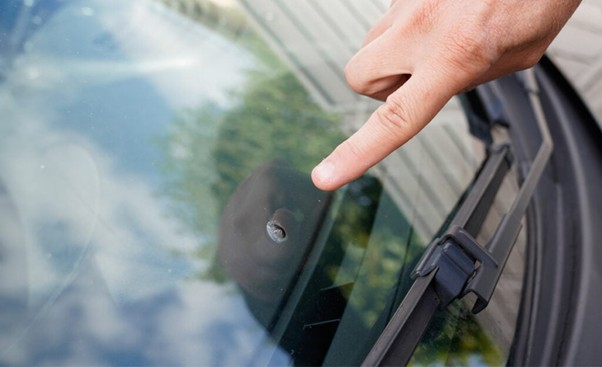
Private security firm Reaction Unit South Africa (Rusa) has notified South Africans of a new scam targeting motorists who want to replace broken car windscreens.
Rusa has received reports that suspects loiter in the vicinity of an autoglass business and approach customers walking into the premises.
They pose as staff, inspect the vehicle, and ask for payment outside the premises with promises of having the windscreen fitted later.
The victims only realise they have been scammed when they contact the shop to follow up on fitment, and by then, it’s too late.
Rusa noted that these scams have been observed in Verulam CBD in KwaZulu-Natal.
“Clients are advised to conduct business inside the business premises,” said the security firm.
Caring for chips and cracks
Driving with a cracked windscreen may not go against the law, but it’s important to take care of the imperfection as soon as possible not only for your own safety, but also for that of other road users.
“Many drivers may postpone repairs until they have more time or because of financial concerns,” said Eugene Herbert, CEO of advanced driver training company MasterDrive.
“The amount of danger this actually places drivers in is considerable.”
Even small chips or scratches can create glare from sunlight or a “halo effect” from oncoming vehicles, obstructing the driver’s vision and increasing the odds of an accident.
On a more serious note, the windscreen contributes to the structural integrity of the vehicle and plays an important part in protecting the cabin if a collision occurs.
“A windscreen provides 34% of a vehicle’s torsional stiffness and dissipates the force in a crash,” said Herbert.
“In an accident, the roof of the vehicle can cave in up to 30% more if you have an improperly installed windscreen or one that is damaged.”
Furthermore, if a sudden and considerable impact occurs, the window reduces the possibility of passengers being ejected from the vehicle and assists the airbags to deploy correctly.
A windscreen that is already damaged also has a higher tendency to burst if it’s hit by a solid object.
To lower the risk of avoidable damages, it can be as simple as tending to a crack or chip as and when it appears.
“Additionally, the sooner you attend to chips and minor cracks the more chance there is that the cost of the repair will be much lower as it can be fixed as opposed to replacing the entire windscreen,” said Herbert.
It is also important to ensure that you go to a reputable windscreen fitment centre to do the job.
“Correct installation is essential for the windscreen to have the required structural strength and, consequently, protection should the worst happen. This is not one place that shortcuts can be taken,” said Herbert.
Article found on www.topauto.co.za by Albert Du Toit



